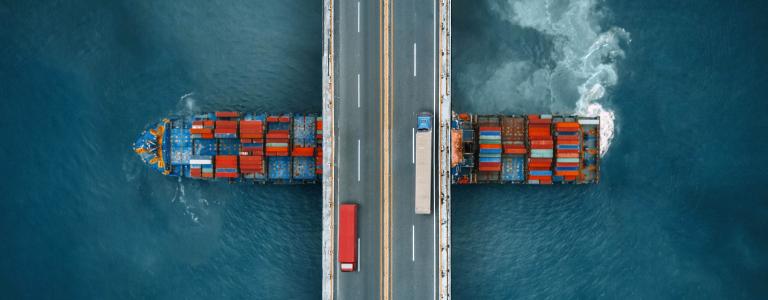Trade
International trade and trade policy have a significant impact on the way we live, from the costs of the goods and services we buy to the performance of the various economic sectors that we either work in or rely on. While trade has the potential to advance sustainable, low-carbon development, it can also be a hindrance to that objective, depending on how trade policy is designed and implemented. The Sustainable Development Goals (SDGs) and Paris Agreement climate commitments present fundamental challenges to trade policy; so too does the fraying of multilateralism.
IISD has been working on international trade for over two decades, analyzing the issue from multiple perspectives: scientific, economic, fiscal, legal, social, and environmental.
At the intergovernmental level, IISD has a long history of working on reforms to the World Trade Organization’s rules and members’ ability to engage in those processes. IISD has also built an extensive body of work on regional and plurilateral trade agreements, as well as the interlinkages between multilateral environmental agreements and the trading system.
At the sectoral level, we have explored options for new industrial policies to mitigate and adapt to climate change and accelerate the energy transition, as well as policies to improve food security and the reform of harmful fisheries subsidies. Our work also unpacks the relationship between voluntary sustainability standards and trade, as well as the role of trade in contributing to the circular economy.
IISD's work consists of robust research and policy analysis, along with regular engagement with the varied stakeholder communities involved in and affected by trade and trade policy. A core part of this engagement involves our work to promote transparency and support informed trade conversations.
We feature in-depth commentary and analysis in Investment Treaty News, the Global Subsidies Initiative, the SDG Knowledge Hub, and the Trade and Sustainability Review. We hold webinars on issues at the heart of the trade and sustainability nexus.
Our work on trade issues is made possible through the generous support of our funders. These include:
- The Pew Charitable Trusts
- The Laudes Foundation
- The European Climate Foundation
- Climateworks
- UK aid from the UK government, including its Trade and Investment Advocacy Fund (TAF2+)
- Germany's Corporation for International Cooperation (GIZ)
- Global Affairs Canada
- Sweden's International Development Cooperation Agency (Sida)
- New Zealand's Ministry of Foreign Affairs and Trade (NZ MFAT)
- Australia's Department of Foreign Affairs and Trade (DFAT)
Areas of focus
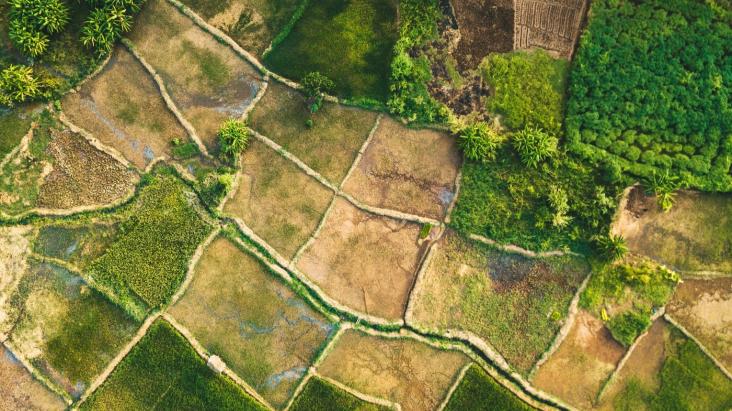
Agricultural Trade Policy
IISD’s work on trade in food and farm goods seeks to shape trade policy to better support sustainable development outcomes, including food security and sustainable agriculture.

Fisheries Subsidies
IISD is focused on supporting the implementation of the 2022 Agreement on Fisheries Subsidies and ongoing negotiations at the World Trade Organization negotiations towards additional rules to curb harmful fisheries subsidies.

Climate Change, the Natural Environment, and the Green Transition
IISD pioneers change at the nexus of trade, climate change and the environment, addressing pressing issues like plastic pollution, green market growth, industrial decarbonization and resilience. Our research informs better policies for a sustainable future.

Investment Facilitation
IISD provides objective and impartial support to developing country and least developed country negotiators to improve their engagement in the WTO negotiations on Investment Facilitation for Development

E-commerce
IISD works to strengthen the technical knowledge and capacity of developing country and least developed country negotiators to improve their engagement in the WTO negotiations on E-commerce.
Recent publications

Global Dialogue on Border Carbon Adjustments: The case of Brazil
This report consolidates, analyzes, and presents the views and perspectives of stakeholders from Brazil on border carbon adjustment (BCA) schemes to contribute to the global debate on BCA good practices.

Border Carbon Adjustments: Trinidad and Tobago country report
This report consolidates, analyzes, and presents views and perspectives of stakeholders from Trinidad and Tobago on border carbon adjustment (BCA) schemes to contribute to the global debate on BCA good practices.

Avoiding Trade Concerns in the Design of Plastic Pollution Measures
IISD provides insights on aspects of WTO members' plastics that have created friction with trading partners and suggests recommendations for the adoption of such policies in the future.
Trade events
International Institute of Fisheries Economics & Trade Conference 2024
The 21st International Institute of Fisheries Economics & Trade (IIFET) Conference will be held from July 15 to 19, 2024 in Penang, Malaysia.
WTO E-commerce Joint Statement Initiative Negotiations: Nearing the finish line
This session will update on WTO e-commerce negotiations, review the draft agreement, and discuss development objectives for developing and LDC member delegates.
Fisheries Subsidies: Back to the table
This series of two events focused on current WTO negotiations to conclude additional rules on fisheries subsidies.
Experts

Nathalie Bernasconi-Osterwalder
Vice-President, Global Strategies and Managing Director, Europe

Alice Tipping
Director, Trade and Sustainable Development

Ieva Baršauskaitė
Lead, Trade and the Green Transition

Antoine Bonnet
Policy Advisor

Facundo Calvo
Policy Analyst, Trade and Agriculture

Aaron Cosbey
Senior Associate

Tristan Irschlinger
Senior Policy Advisor, Fisheries Subsidies

Rashmi Jose
Senior Policy Advisor

Cristina Larrea
Director, Agriculture and Sustainability Standards

Rashid S. Kaukab
Senior Specialist, Trade and Sustainable Development

Florencia Sarmiento
Policy Advisor

Maria Barral
Communications Officer
Latest
Trade-related topics
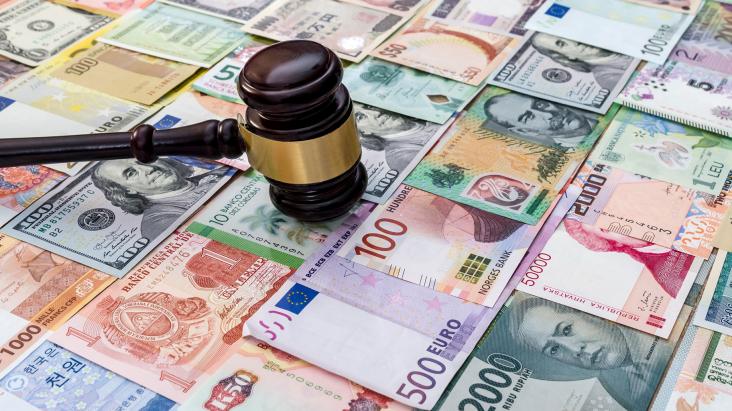
Investment Law & Policy
How can we ensure developing economies attract international investment that promotes sustainable development?
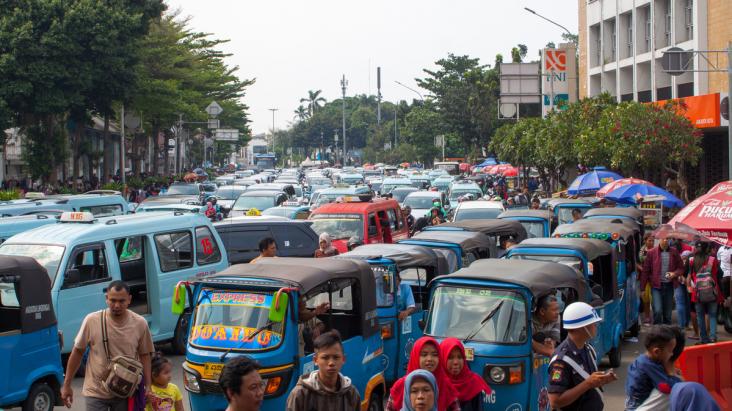
Subsidies
Fossil fuel subsidies make little sense in a world shifting to low-carbon sources of energy to tackle climate change.
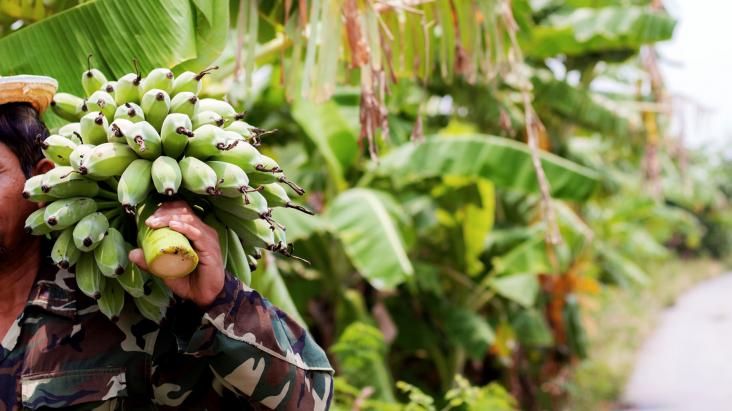
Standards and Value Chains
If designed and used appropriately, sustainability standards can help advance more sustainable production, consumption, and trade.
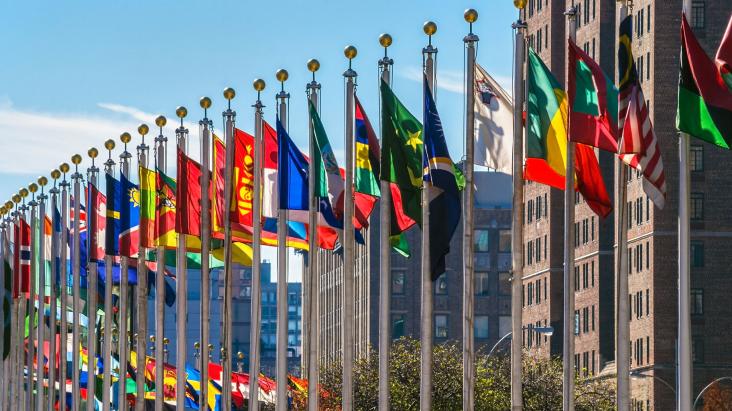
Governance and Multilateral Agreements
The frameworks that govern economies and our ecosystems touch every aspect of our lives—and have implications for sustainable, inclusive development.
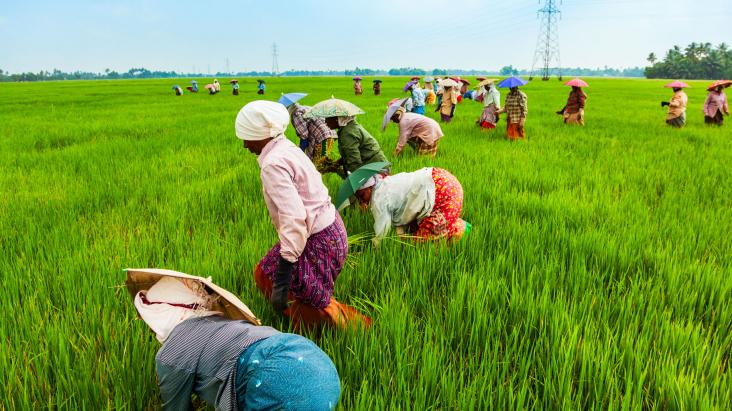
Food and Agriculture
IISD is working to ensure agriculture and food systems advance sustainable development.

Circular Economy
In a circular economy, products are designed, produced, and used to reduce waste and regenerate natural systems.
